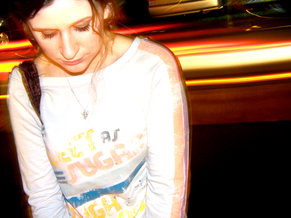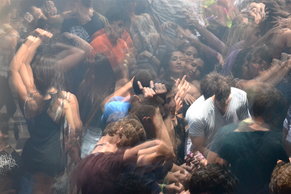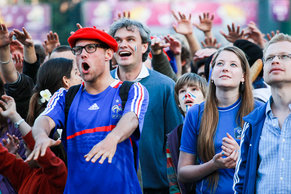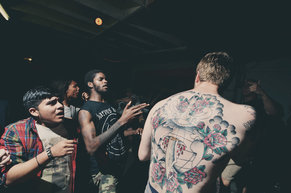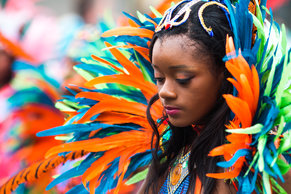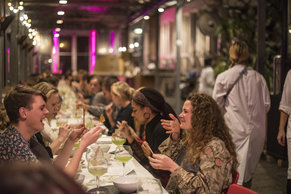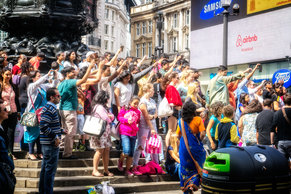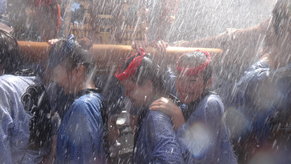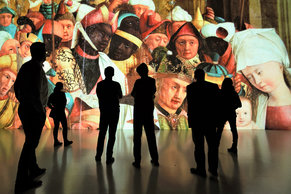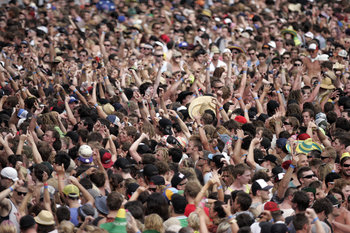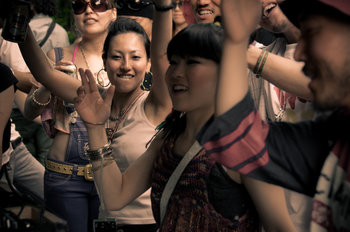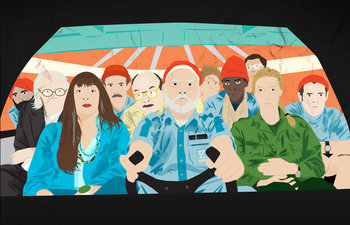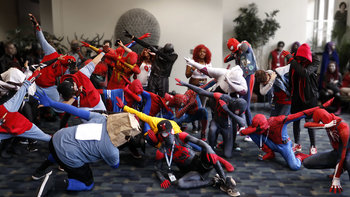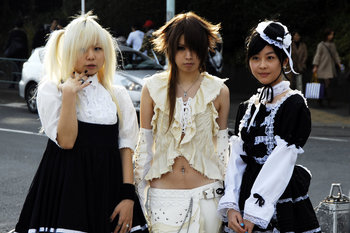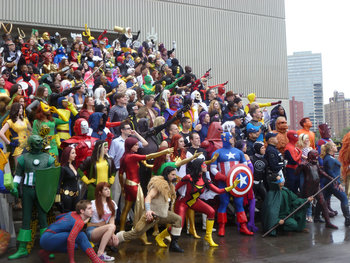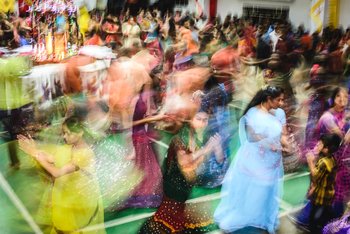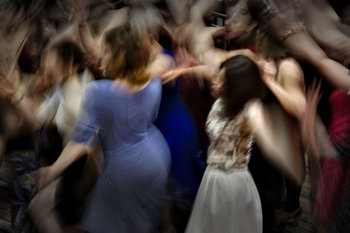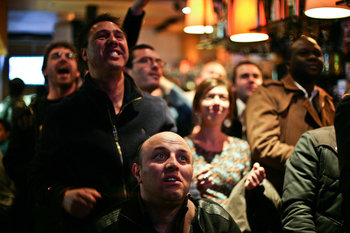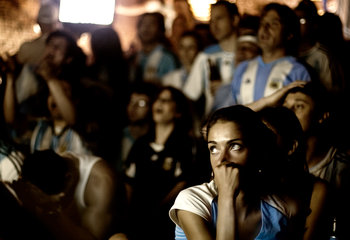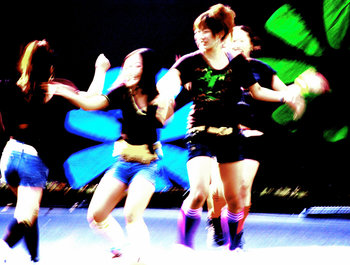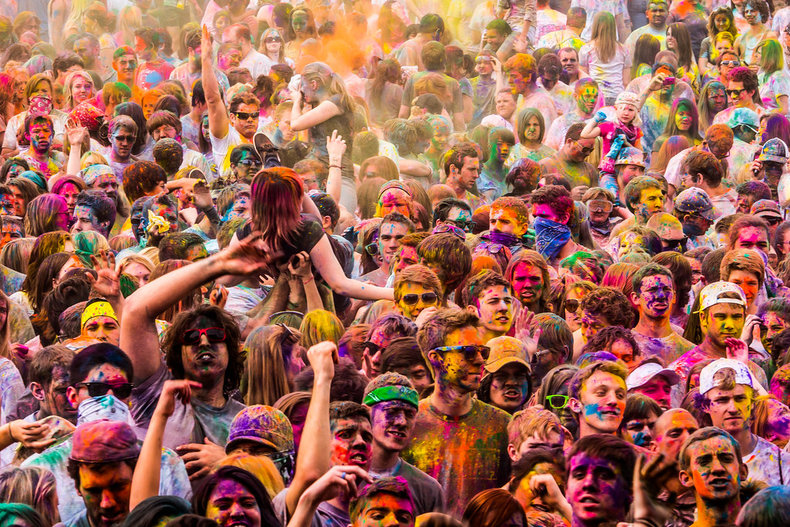
Play
Play is the work of young children as it is key to their development. It is defined by children even when adults attempt to shape it. In some cases, adults may also attempt to stop children from playing due to noise or other minor inconveniences. The right to play is recognized by the UN Convention on the Rights of the Child.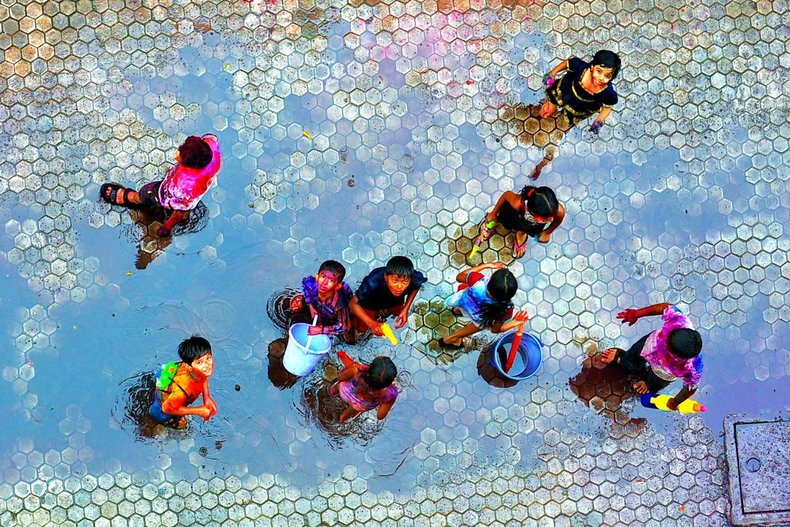
Language
Youth may feel free to combine, repurpose and create words without regard to the dictionary. This eventually changes the dictionary. In other words, youth may lead a language as opposed to following it.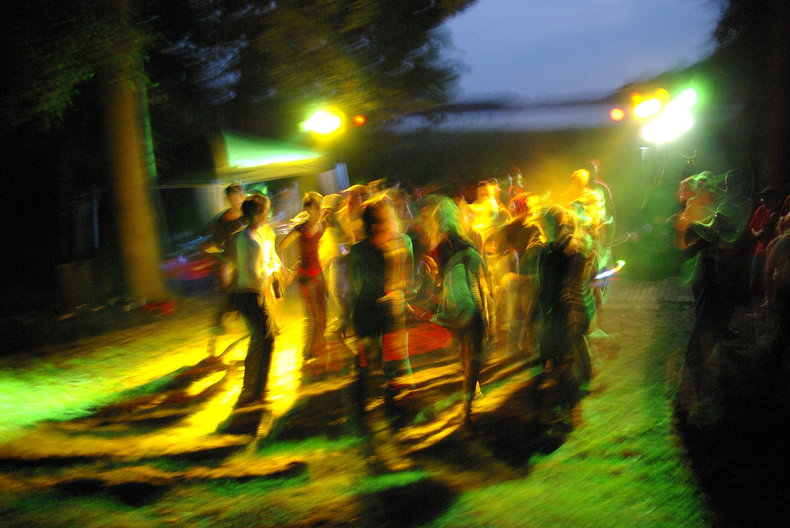
Norms
Norms are the unwritten rules of behavior that help people to get along in a society or culture. Youth typically challenge the norms of their parents and grandparents. They may also adopt different norms based on context such as norms at a particular event.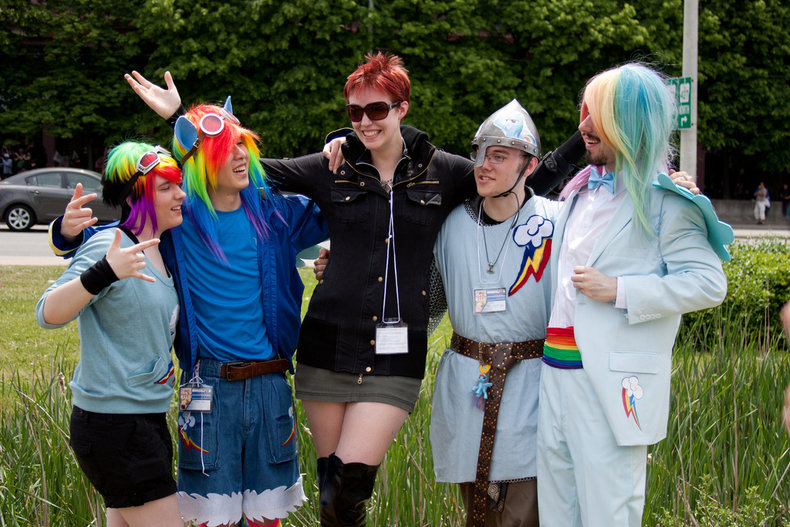
Communication
Methods and norms of communication such as online communities or visualization of information. For example, the emergence of memes in the early 2000s was fueled by youth.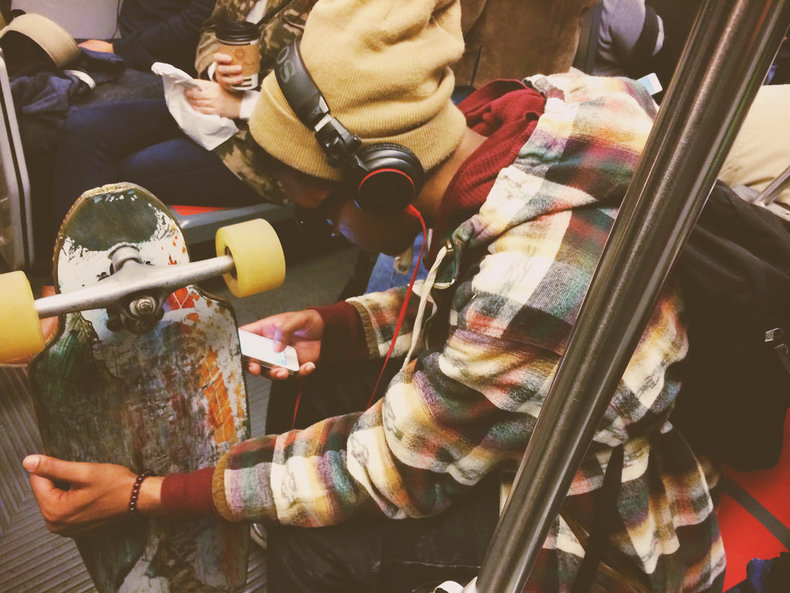
Social
The language, conventions and expectations that emerge around friendship, romance, rivalries and other social relationships.
Social Status
Social status is a set of conventions that determines how people can earn respect from those around them. This differs significantly between youth subcultures with different views of behavior, coolness and wealth.
Nightlife
Nightlife is the idea that every evening is a potential celebration. This is enjoyed by every generation and is continually redefined by youth.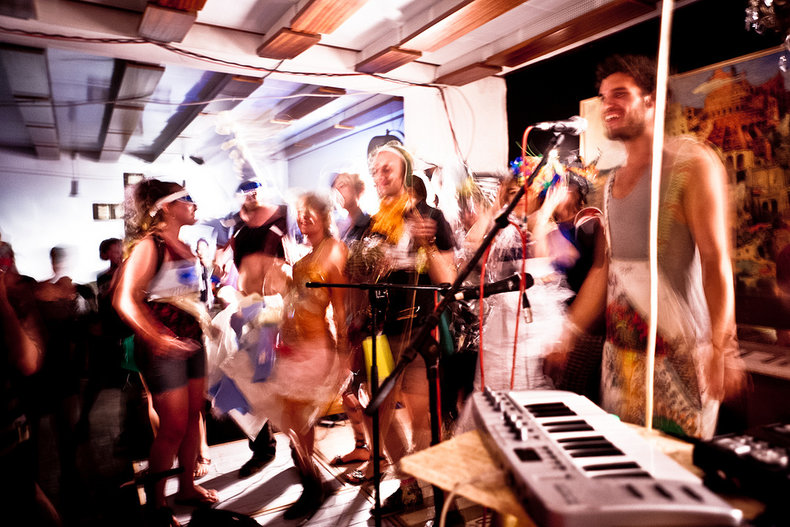
Music
Youth lead any music genre that is less than a century old. For example, jazz was founded by youth but eventually became institutionalized and dominated by those over 40. Newer genres such as hip hop, punk and house are mostly lead by youth.
Dance
Each generation has its own styles of dance that are each associated with a genre of music. These have a remarkable ability to transcend borders to become super culture.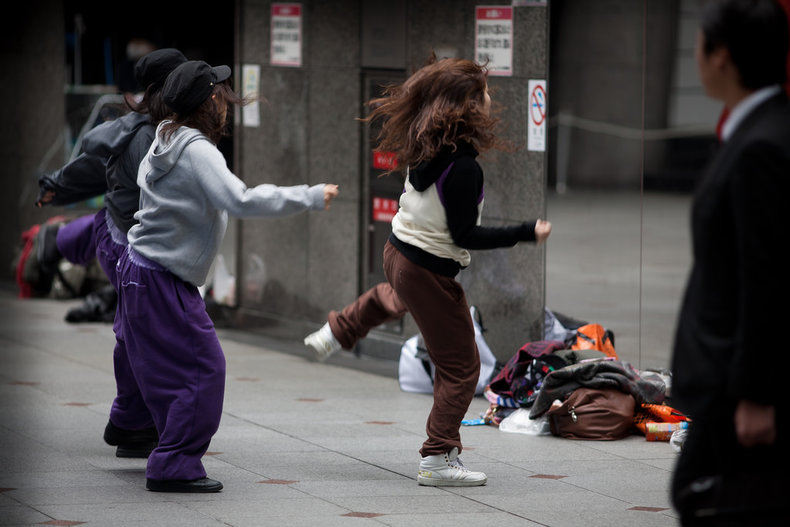
Hobbies
Expressions of an individual's creativity that are non-productive such as performance art that is done for fun.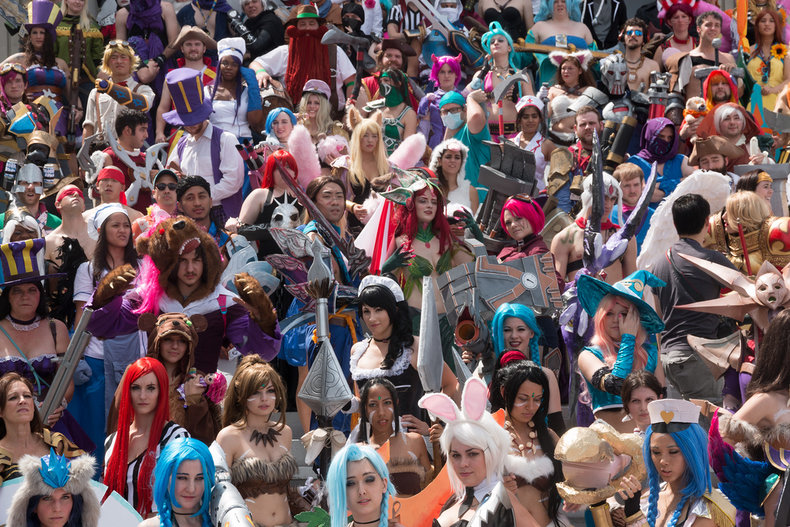
Games
Video game culture is an all ages thing. However, youth tend to lead this culture and develop most of the games and content. Any game developer who survives to 30 becomes a manager.
Holidays
Some holidays and observances are institutionalized family events that are thoroughly traditional. Others, particularly Halloween, are shaped by youth.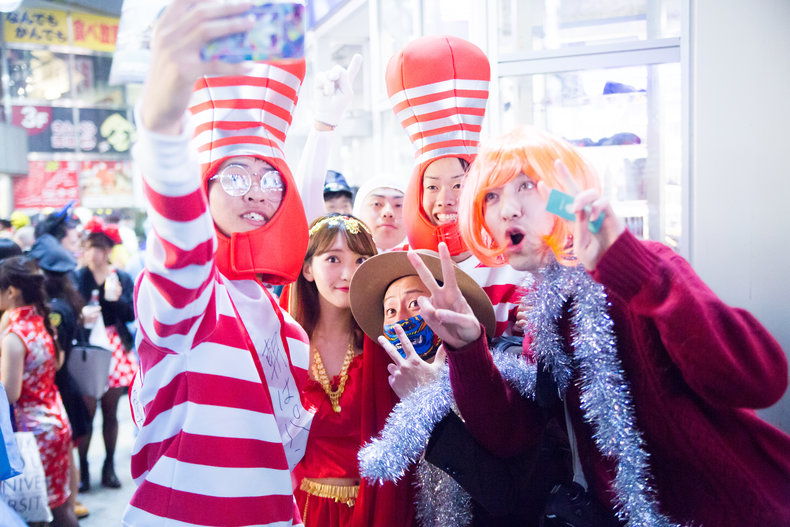
Traditional Culture
Youth participate in the traditional culture that is handed down from the past. In some cases, this leads to change in the traditional culture as youth reinterpret things.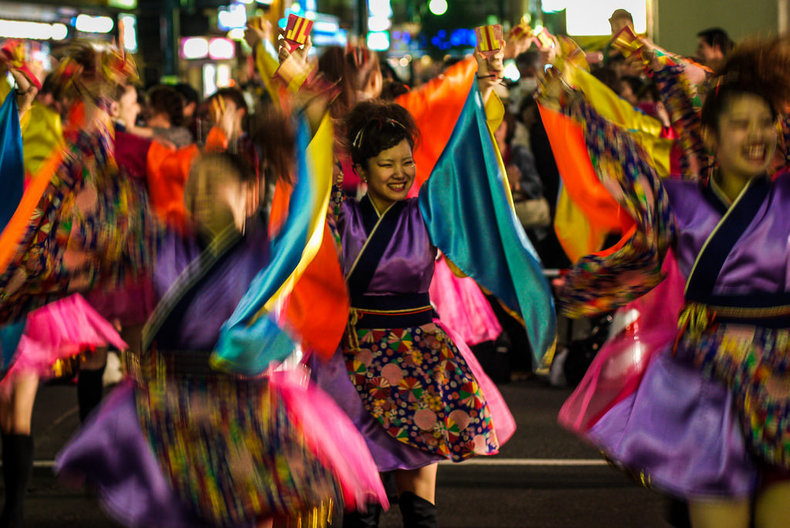
Sports
Sports that have escaped institutionalization such that they are freely defined by culture. Youth have created new sports from scratch. They also manage to keep some sports edgy enough to scare away systems that would seek to control them.
Fashion
In developed nations where youth have access to disposable income, youth fashion tends to develop into dozens of subcultures with little in common.
Consumption
Some youth subcultures embrace consumption with conspicuous displays of wealth being key to social status in the group. Subcultures may go to far as aligning their identity to brands. Other youth cultures may reject conspicuous consumption with an ethic of thriftiness and confident individuality.
Production
Youth start small businesses and join the workforce to change the way things are done. If youth are unable to challenge the old for control of economic production, economies are likely to stagnate in the long term.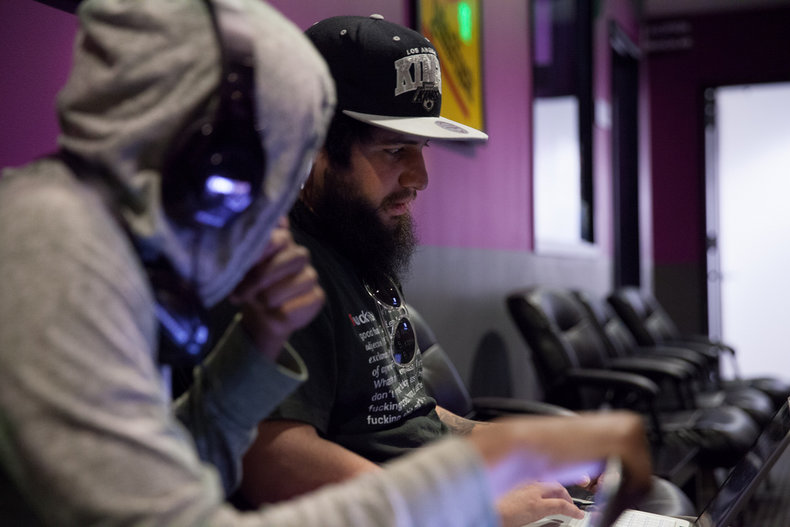
Politics
Systems are largely controlled by adults over 40 such that they often don't represent the interests of youth. This can be quite bleak. Youth may react to this with either a culture of political participation or a culture of political apathy. In the extreme case, youth have driven revolutions that completely overthrow an established order.
| Overview: Youth Culture | ||
Type | ||
Definition | Culture that emerges amongst children, teenagers and young adults. | |
Related Concepts | ||

